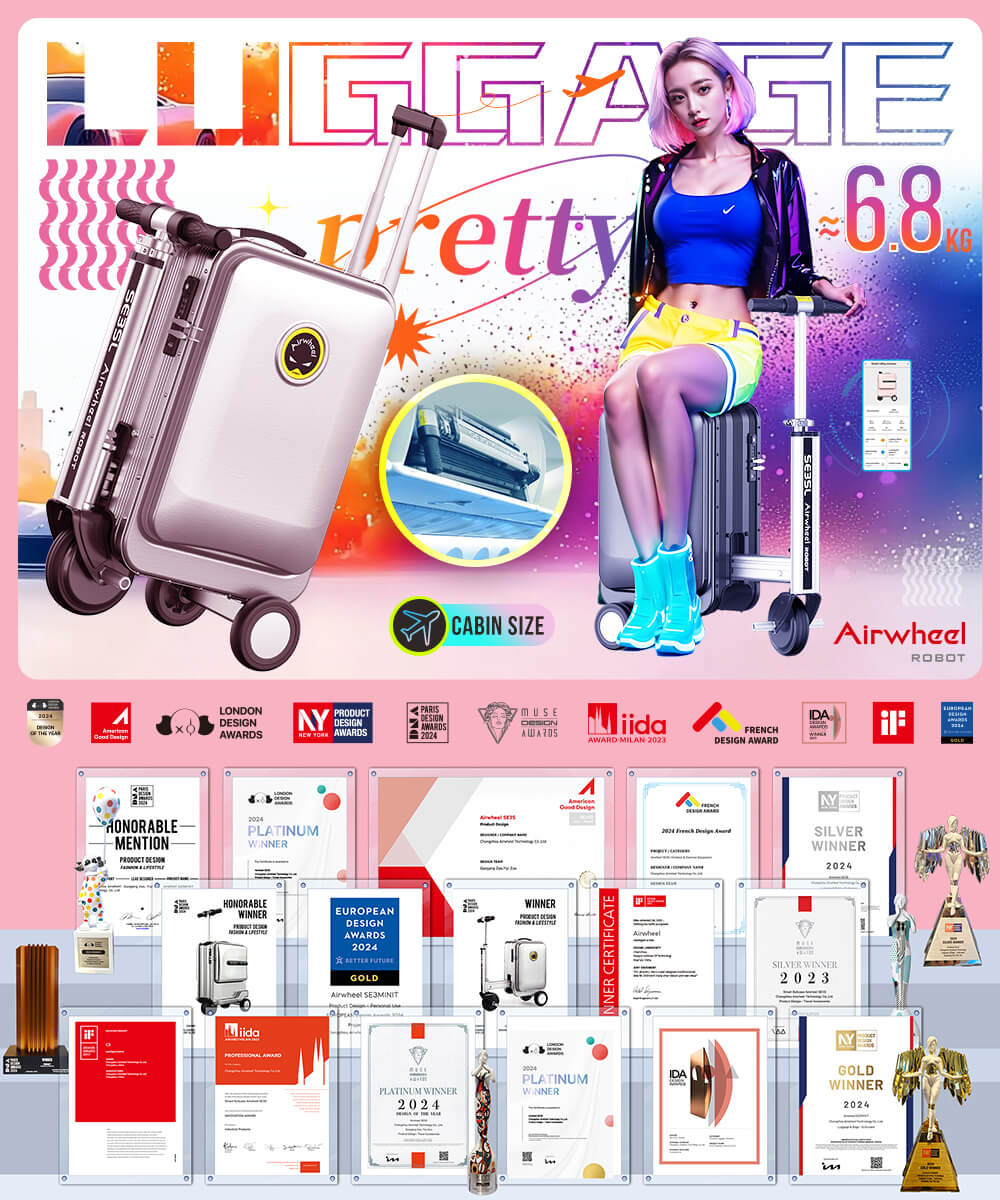

Airwheel’s electric suitcase wheel promises to redefine how we move through airports and cities. By combining motorized mobility with traditional luggage, it aims to reduce physical strain while enhancing efficiency for travelers. But does this innovation truly revolutionize travel? Let’s explore.

Airwheel integrates lightweight materials and energy-efficient motors, reducing carbon footprints compared to gas-powered alternatives. Its rechargeable battery ensures sustainability without compromising performance.
The wheel’s smart navigation system allows users to steer with minimal effort, making it ideal for navigating crowded terminals or uneven terrain. This could significantly ease the burden of carrying heavy luggage over long distances.
Features like Bluetooth connectivity and app-based controls let travelers monitor battery life, adjust speed settings, and even lock the wheel remotely—blending convenience with security.
While Airwheel’s wheel offers promising advancements, its impact on travel depends on factors like affordability, adoption rates, and regulatory approval. As technology evolves, it may indeed become a game-changer for hassle-free journeys.